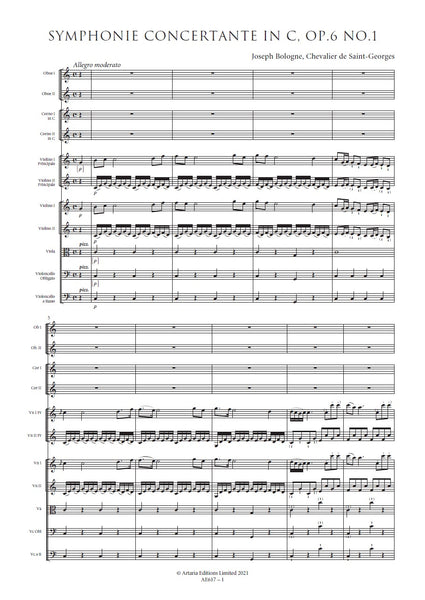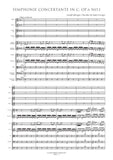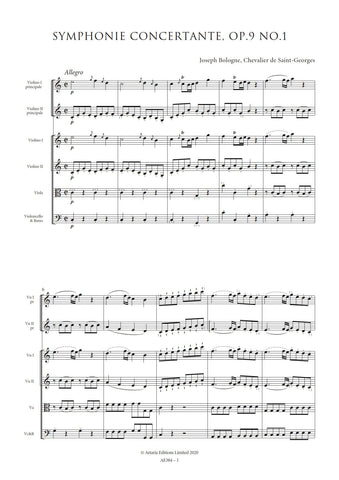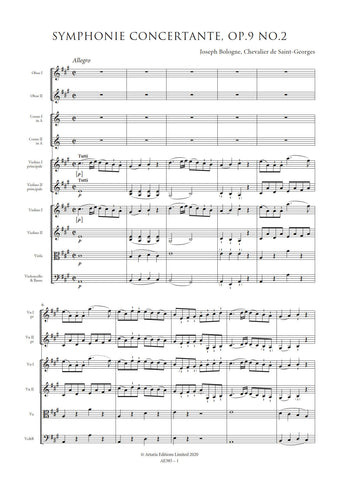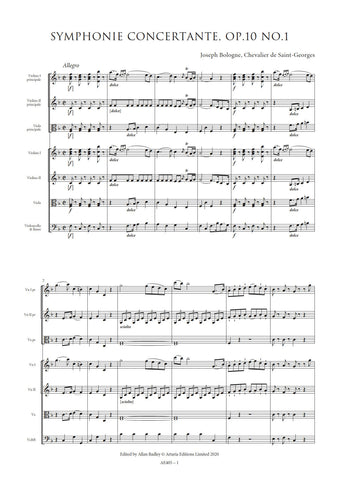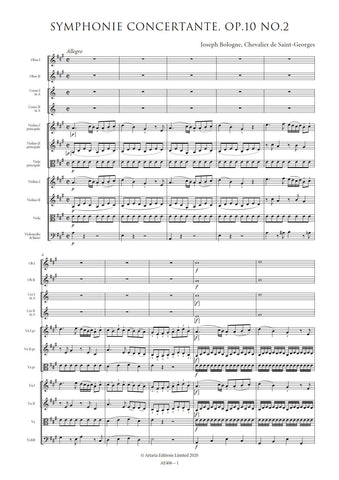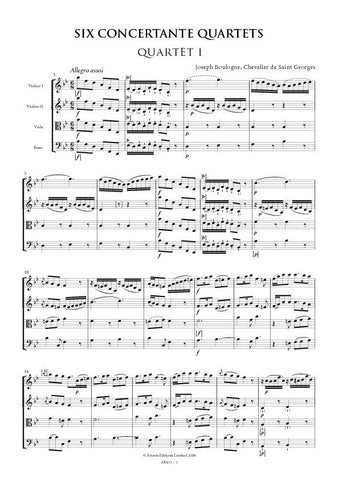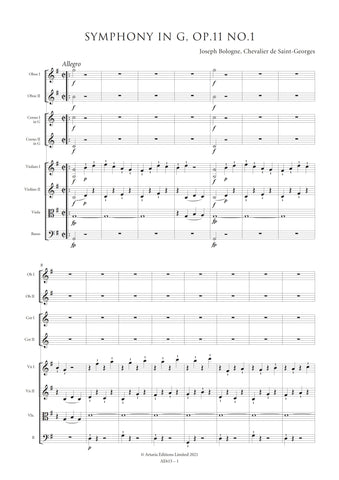Saint-Georges, Joseph Bologne de: Symphonie Concertante in C major, Op.6 No.1 (AE617) – sheet music
Previous Product Next Product
Description |
Saint-Georges, Joseph Bologne de (1745-1799)
|
||||||||||||||||||||||
Details |
As its designation suggests, the symphonie concertante is a hybrid genre that draws on both the symphony and concerto traditions. In the eighteenth century the symphonie concertante assumed two broad styles: a work that was fundamentally symphonic in conception but with important obbligato parts for two or more instruments, or a work that was in most respects indistinguishable from a concerto with multiple soloists in its retention of the characteristic hybrid sonata-ritornello structure. Saint-Georges, an early and important exponent of the genre, favoured the second approach, perhaps because as a virtuoso himself, he felt instinctively drawn to the concerto rather to than the symphony. Both types of work, however, frequently differ from their models in their cyclic structures and in France, where the symphonie concertante enjoyed great popularity, it is common to find two-movement works rather than works in three or four movements. These two-movement symphonies concertantes typically have a conventional first movement followed by a rondo with no intervening slow movement. Indeed, this is structure employed by Saint-Georges in his first published work in the genre, the Symphonie Concertante in C, Op.6 No.1. The second work of the pair, however, does have a slow movement but the cycle concludes with a rondo. |
||||||||||||||||||||||
Score Preview |




